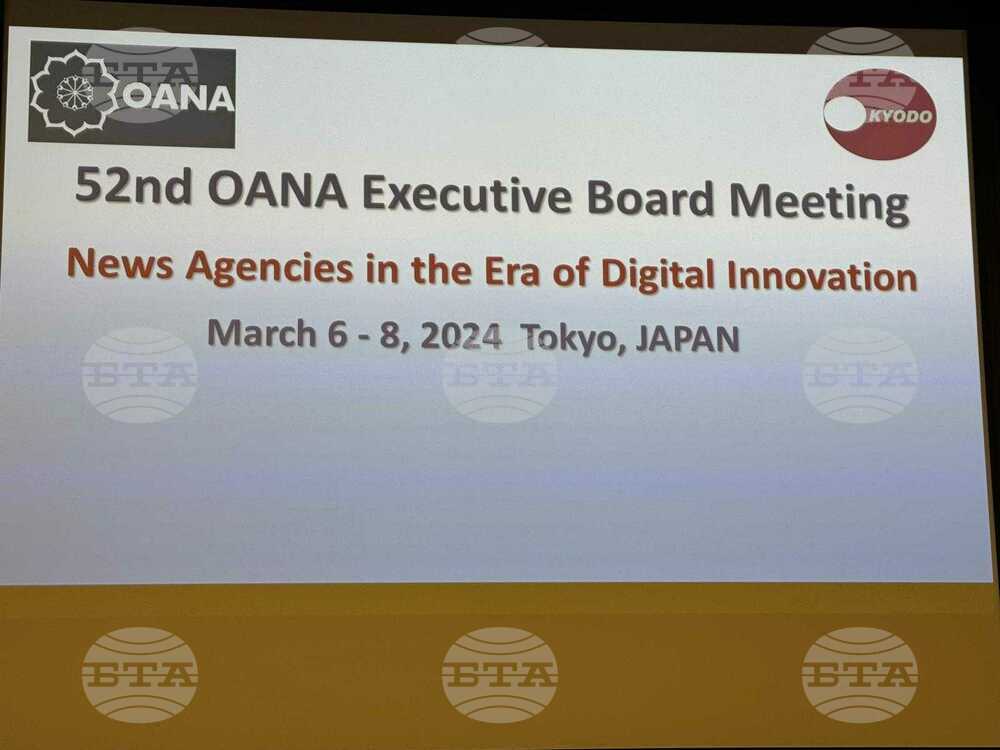site.btaUPDATED BTA Is Special Guest at Conference of Organization of Asia-Pacific News Agencies in Tokyo


The Bulgarian News Agency (BTA) was the only non-Asian news media invited by Japan's Kyodo News agency as a special guest at a conference in Tokyo within the 52nd OANA Executive Board Meeting.
/DS/
news.modal.header
news.modal.text